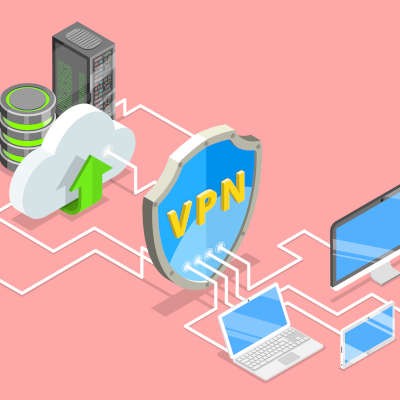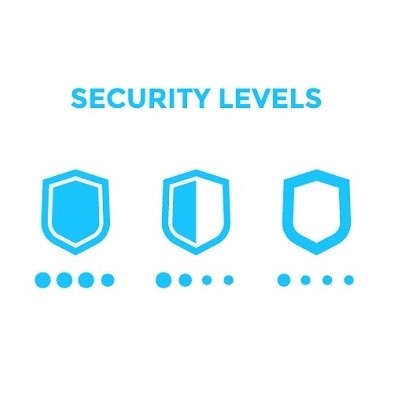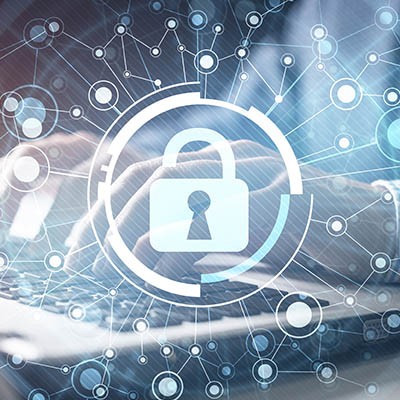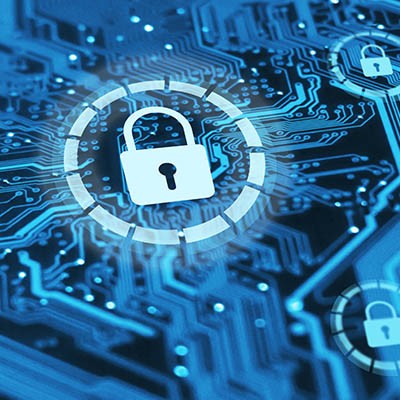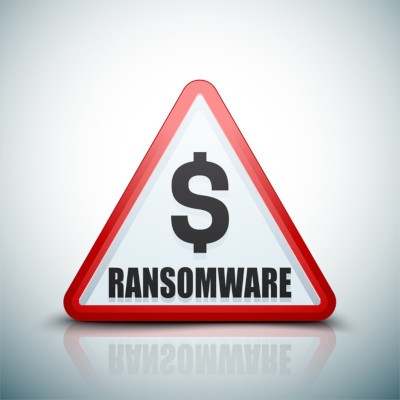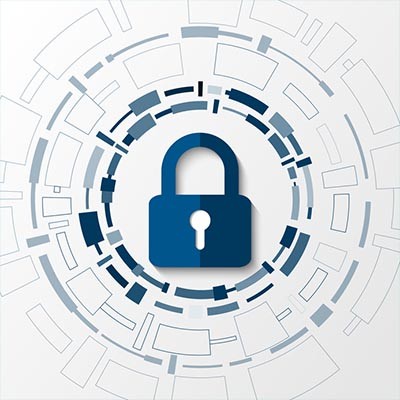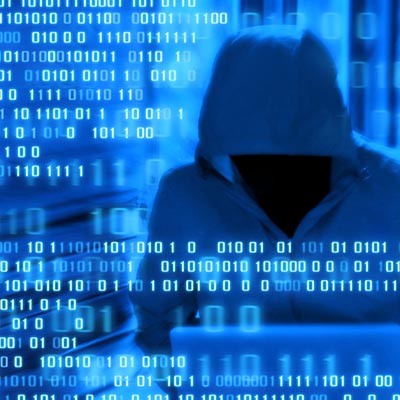Of all the contentious topics in the workplace, employee monitoring is among the most divisive. As an authority figure in your business, it is only natural that you would want to make sure that your team is working diligently—especially as they are working remotely. That being said, there are some lines that cannot be crossed you should be aware of. Let’s discuss the concept of monitoring your employees and what cannot be done.
Argentum IT LLC Blog
Nowadays, a business’ network security needs to be amongst its top priorities if it is to have any chance of operating without undue risk of data breaches and other incidents. Admittedly, managing this sounds like a Herculean task, but a few relatively simple implementations can help give your security a considerable advantage as you lock down your business’ future. Here, we’ve reviewed four such areas you need to focus on.
The way people talk about cybersecurity, it’s as if it is something like a television or a new phone: something you can just buy. That’s not the truth. When you are seriously looking at how you can keep unwanted entities off your network, while having control over what you do with your technology, you need to look at it as three levels of security.
Businesses are just now starting to reopen as stay-at-home orders are lapsing or going to lapse. For many of those businesses, remote solutions have got them through this ordeal and for many others they continue to deploy a remote workforce. For companies still promoting telework, monitoring your local IT environment is something that you need a solution for. For this week’s tip, we’ll discuss some of the best practices you can use to monitor your IT while out of the office.
Businesses have two different types of technology to contend with each day: their information technology, and their operational technology. As these categories have become less distinct with the introduction of the Internet of Things and other similar advancements, a few new challenges to maintaining security have become apparent. Let’s go over these challenges, and what you need to do to overcome them.
Most people have acquired much of their familiarity with what a hacker is through the mixed representation seen in pop culture today… but does this impression match up to a hacker in real life? Popular entertainment unfortunately doesn’t differentiate between different hacker types and their motivations very well, so that’s what we’ll handle here.
Understanding Hackers, Based on Motive
How concerned are you with your business' cybersecurity? When you envision your business in the future, do you see yourself constantly fighting cyberattacks, or paying ransom? Hopefully not, but what if cybersecurity turns into one of the most difficult parts to maintaining a steady business? Today, we will look into the future and hypothesize what your business may need to do to defend against cybercriminals.
The way a business approaches its network security is a crucial consideration - especially to a business that is planning to have a future. This has contributed to cybersecurity becoming a multi-hundred-billion-dollar (per year) industry. In its short history, cybersecurity has had a huge impact on businesses, so we felt it would be useful to go through some of the highlights of its deployment.
Do you use different passwords on every account you’ve created? Are these passwords sufficiently complex? Chances are at some point you have used a repeating password. Remembering 35 different logins for 35 different applications is hard enough, so it’s not surprising that the majority of people will use the same password for many applications. Bad password practices are all too common. So, how can you fix this?
There’s a reason that cybercrime is so popular: it is no longer reserved for those with extensive programming knowledge to profit from. Now, according to a report by Deloitte entitled Black Market Ecosystem: Estimating the Cost of “Pwnership”, there is a complete economy built around easily accessible hacking tools that don’t require specialized knowledge to leverage.
Some terms are thrown around like everyone knows what they are. This is especially the case with IT and technology solutions. Perhaps it’s a result of them being around for quite some time in professional environments, but it doesn’t help those who are unfamiliar with the technology. One term that we should all understand is “firewall,” as it’s omnipresent in the business sector, but it’s far from the only security solution you’ll need to guarantee safety.
There is one constant in the business environment, and it’s that your organization will be placed in a constant state of being at risk the second you start to make a name for yourself. What a lot of organizations don’t understand is that it doesn’t matter how high or low-profile a business is, there will always be data on a network infrastructure that is valuable to hackers and is targeted by threats.
Small businesses often fall into the trap of thinking that they are too small to be attacked. This misconception could ultimately cost your business too much. The fact of the matter is that all businesses have data that is worth something to hackers, and we’re here to prove it to you and offer a solution to this dilemma.
You may be surprised to find out that your business is constantly under threat of being hacked. For this reason it is extremely important that you have an idea of how to keep unwanted users out of your network and out of your applications. Passwords are often times the last (only) line of defense against all manners of threats. Therefore, you need to make them as secure as possible to mitigate the threat in any way you can. We’ll walk you through this process.
Cybersecurity is one of the most talked about problems facing the modern business. This is because cybercrime has increased precipitously while businesses have moved more of their processes onto the computer. Planning how to protect your business’ crucial digital resources from corruption and theft has never been more important. We’ll take a look at some of the problems we are seeing that are negatively affecting small and medium-sized businesses' ability to do business effectively.



